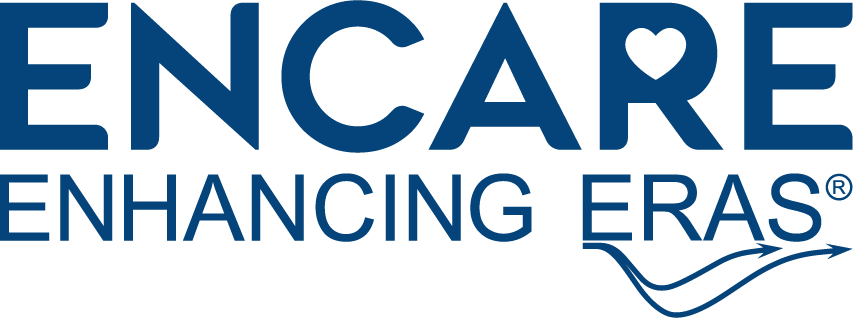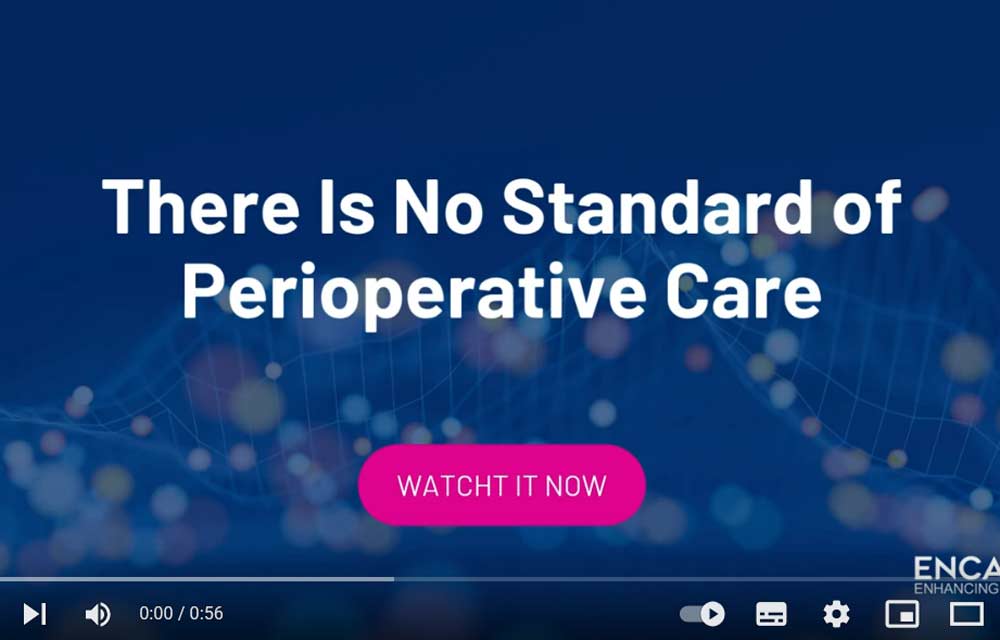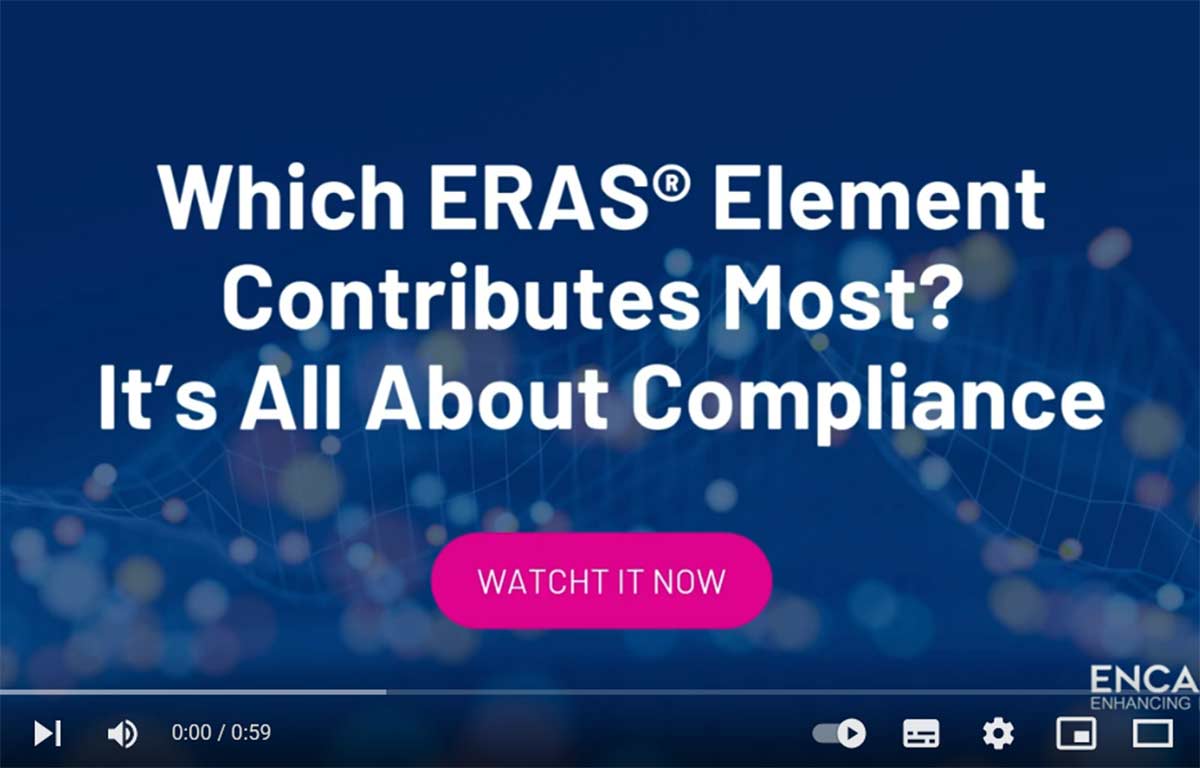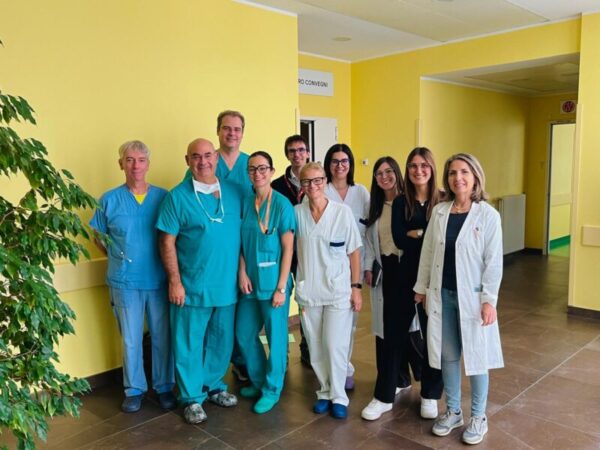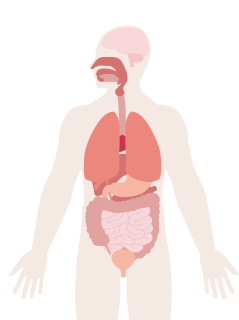Stockholm, Sweden — Encare AB today announced that its ERAS® Interactive Audit System (EIAS) has been qualified as a solution on Mayo Clinic Platform_Solutions Studio.
EIAS is one of very few European solutions to earn this prestigious Qualification status.
Used in more than 30 countries, EIAS is the only audit platform developed in collaboration with the ERAS® Society to monitor adherence to ERAS® (Enhanced Recovery After Surgery) protocols across multiple surgical specialties. The qualification by Mayo Clinic Platform confirms the clinical relevance, operational robustness, and global impact of EIAS, paving the way for broader adoption across Mayo Clinic Medical Centers and its 38 partner health systems.
“Being qualified by Mayo Clinic Platform is the ultimate recognition of the value and quality of EIAS,” said Rasmus Waller, CEO of Encare AB. “It validates that our solution meets the highest standards for improving surgical outcomes, and it gives us a unique opportunity to accelerate ERAS® adoption in the U.S. and globally.”
Mayo Clinic Platform_Solutions Studio accelerates the development and deployment of digital health solutions by offering access to global, federated de-identified data and scalable integration into clinical workflows. Each solution is evaluated for its intended use, proposed value, and clinical and algorithmic performance — providing transparency, credibility, and enabling adoption of transformative health technologies.
“Working with Mayo Clinic Platform speeds up digital healthcare innovation. It gives digital health companies the tools, data, and capabilities they need to more efficiently and effectively develop and deploy AI and data-centric solutions. When a solution is qualified, providers can trust it has been reviewed for adherence to responsible AI principles, all aimed at supporting care teams and improving patient outcomes,” says Steve Bethke, VP of Solution Developer Market at Mayo Clinic Platform.
About Encare AB
Encare is a HealthTech company that develops a SaaS solution that contributes to improving surgical outcomes. Encare’s interactive, cloud-based solution enables healthcare providers to follow international treatment guidelines before, during, and after major surgical procedures. Encare’s service contains programs, so-called protocols, based on the international guidelines ERAS®, Enhanced Recovery After Surgery, built on research and global best practice. Encare was founded in 2009 by Professor Olle Ljungqvist, one of the founders of the ERAS® Society – a network of world-leading perioperative care authorities that develops the guidelines. In 2022, Professor Ljungqvist was awarded the most prestigious prize in the world of surgery by the International Society of Surgery (SS/SIC) for his work with ERAS®. To learn more, visit encare.net and follow Encare on LinkedIn.
Mayo Clinic does not endorse or warrant the third-party products or services made available through Mayo Clinic Platform, including their functionality, quality, or performance. Mayo Clinic expressly disclaims any express or implied warranties on such third-party products or services, including any implied warranties of merchantability, quality, accuracy, fitness for a particular purpose, or noninfringement. All use of these third-party products or services, including applicable rights or remedies, are governed by separate terms with the applicable third-party developers or providers.
